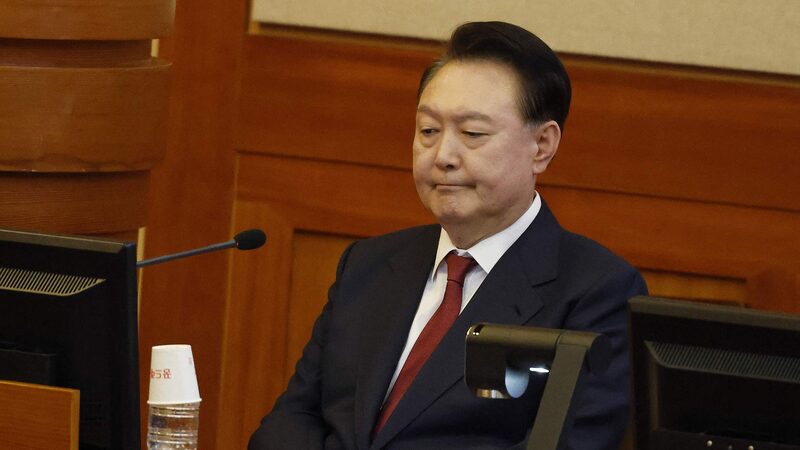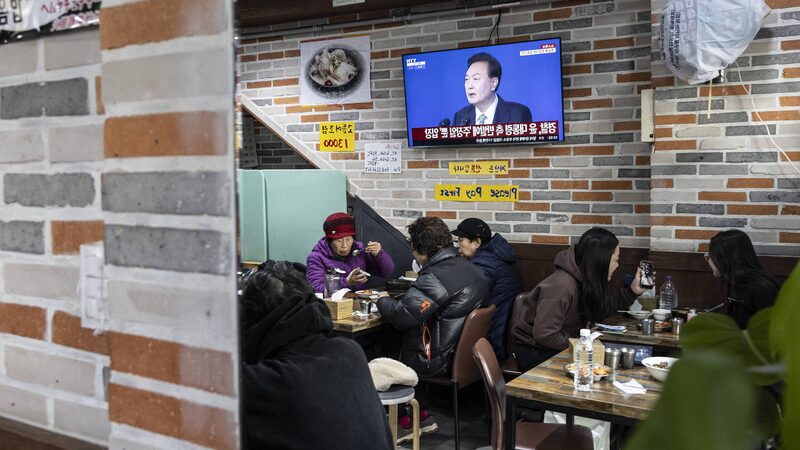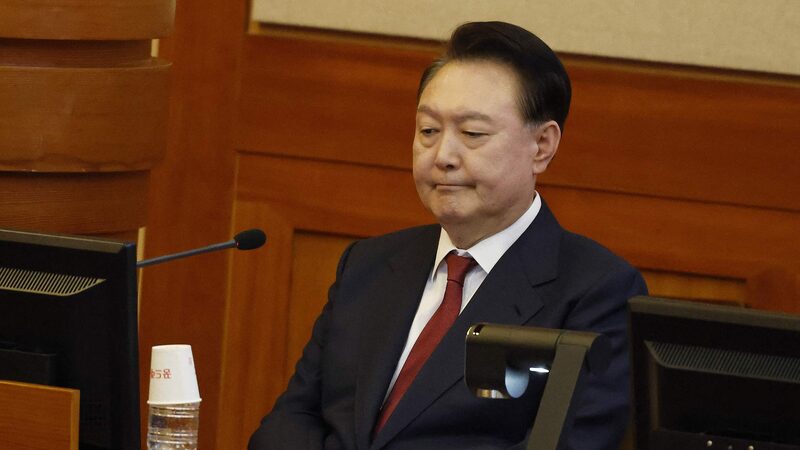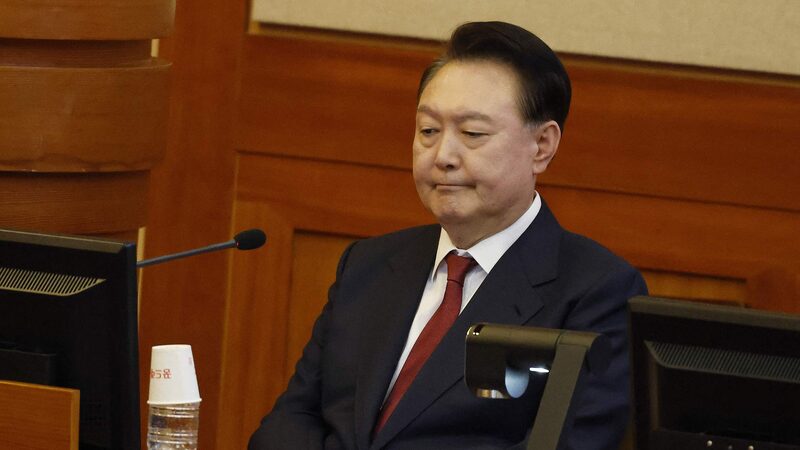In a significant move on Thursday, South Korea’s opposition parties resubmitted a bill to appoint a special counsel to investigate the impeached President Yoon Suk-yeol on charges of insurrection. The initiative underscores the escalating political tensions in the country as lawmakers grapple with allegations against the suspended leader.
The bill, proposed by six opposition parties including the main liberal Democratic Party, comes after the initial proposal was scrapped. The first bill failed in a revote the previous day when the majority of the 108 ruling conservative People Power Party members voted against it, hindering the investigation’s progress.
For the bill to pass in the upcoming revote, it requires the approval of at least two-thirds of the 300 National Assembly lawmakers. The opposition hopes that the revised bill’s adjustments will garner the necessary support to proceed with the investigation.
Under the new proposal, the appointment process for the independent counsel has been modified. Two candidates will be recommended by the chief justice of the Supreme Court, aiming to ensure impartiality in the investigation. Additionally, the number of dispatched prosecutors and investigators, along with the investigation period, has been reduced to 155 and 150 days respectively, compared to the provisions in the first bill. These changes are intended to address concerns over the scope and duration of the investigation.
The impeachment motion against President Yoon was passed in the National Assembly on December 14 last year. It was subsequently delivered to the Constitutional Court, which has up to 180 days to deliberate the case. During this period, President Yoon’s executive powers are suspended, leaving the nation’s leadership in a state of uncertainty.
The controversy surrounding President Yoon intensified when investigative agencies named him as a suspected ringleader in an insurrection charge. The allegations stem from his declaration of martial law on the night of December 3, a move that was swiftly revoked by the National Assembly just hours later. The incident has raised pressing questions about presidential authority and constitutional limits within South Korea’s democratic framework.
The unfolding situation has significant implications for South Korea’s political landscape and stability. As the opposition pushes for a thorough investigation, the nation watches closely to see how these events will influence governance and the rule of law. The outcome of the revote and the potential investigation could set important precedents for accountability and executive power in the country.
Reference(s):
Bill of special counsel investigation into Yoon Suk-yeol submitted
cgtn.com




